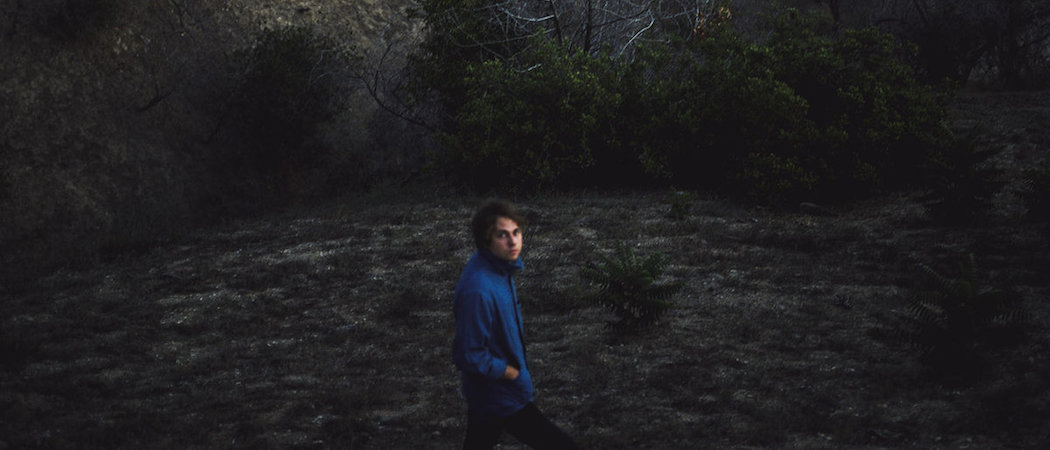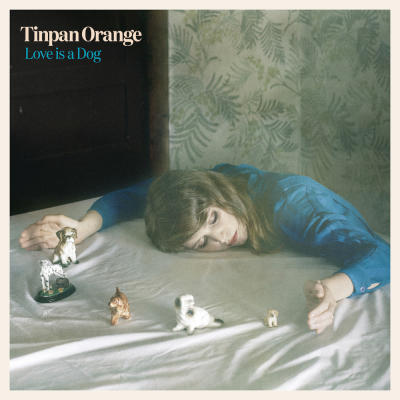Kevin Morby first appeared playing bass on Woods’ breakthrough 2009 record Songs of Shame, a still-wonderful record that transcends the short-lived “freak folk” fad that birthed it. Since then, Morby has proven to be a prolific and talented musician, making three more albums with Woods, forming The Babies with Vivian Girls’ Cassie Ramone (his former roommate) and putting out three solo albums.
On his third solo album, Singing Saw, Morby seems to have found his most confident voice. His take on rustic Americana is rich and rewarding, seeing him stretch out more than the rough, ramshackle aesthetic of Woods and The Babies ever could allow. On this record, his arrangements are elegant and textural, full of constant surprises, contrasting beautifully with the endearing simplicity of his Bob Dylan-like tenor.
During the long, shadowy title track, only a moment after Morby intones its name, the singing saw makes an appearance. Its high, quivering ghostly voice is only one of the highlights in a song coloured with a choir, creeping piano and quivering strings. There are a lot of different elements to these songs, but Morby never allows them to become overly busy or drown out his fiercely poetic words.
First single “I Have Been to the Mountain,” is an openly aggressive expression of spiritual agony. With the fervour of a preacher, over gospel-inspired vocals and a tempest of horns, Morby sings “That man lived in this town / ‘Til that pig took him down,” a reference to Eric Garner who was killed by an NYPD officer. It's the most frank that Morby gets on the record, but the song's themes of death, memory and regret trickle down through these nine songs.
Even when Morby is in a more peaceful mood, his creativity and his restlessly inventive spirit don’t wane. The starry-eyed, tender, Stones-y “Dorothy” dissolves at several points into little more than twinkling piano keys only to roar back to life. Every track on the record, and the record as a whole, has a lovely ebb and flow that keeps it dynamic and engaging.
He folds a languid tenor saxophone solo into the slow, luxurious “Destroyer,” and an undercurrent of strings buoys the dreamy “Drunk and On a Star,” but these additions never draw attention to themselves. Morby finds a way to embellish without causing his songs to sound heavily ornate or contrived.
From beginning to end, Singing Saw just sounds wonderful. Morby’s lyrics are impressionistic and abstract, but within these simultaneously delicate and fulsome arrangements they sound important and intriguingly secretive, like they’re waiting and begging to be unfurled and unwound. Singing Saw is so beguiling that it makes the ancient Americana that it explores – folk, country, blues, gospel, soul – feel fresh and exciting all over again.
Singing Saw is out now on CD, vinyl and digital formats.





